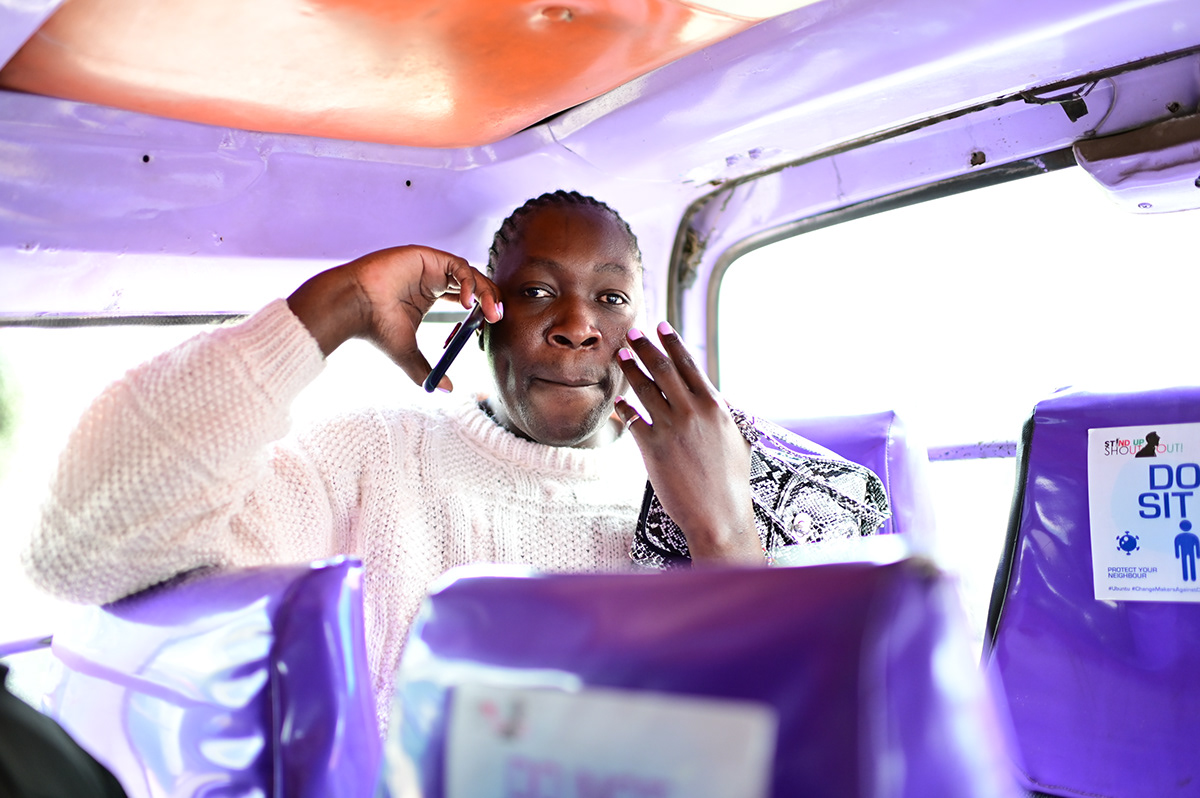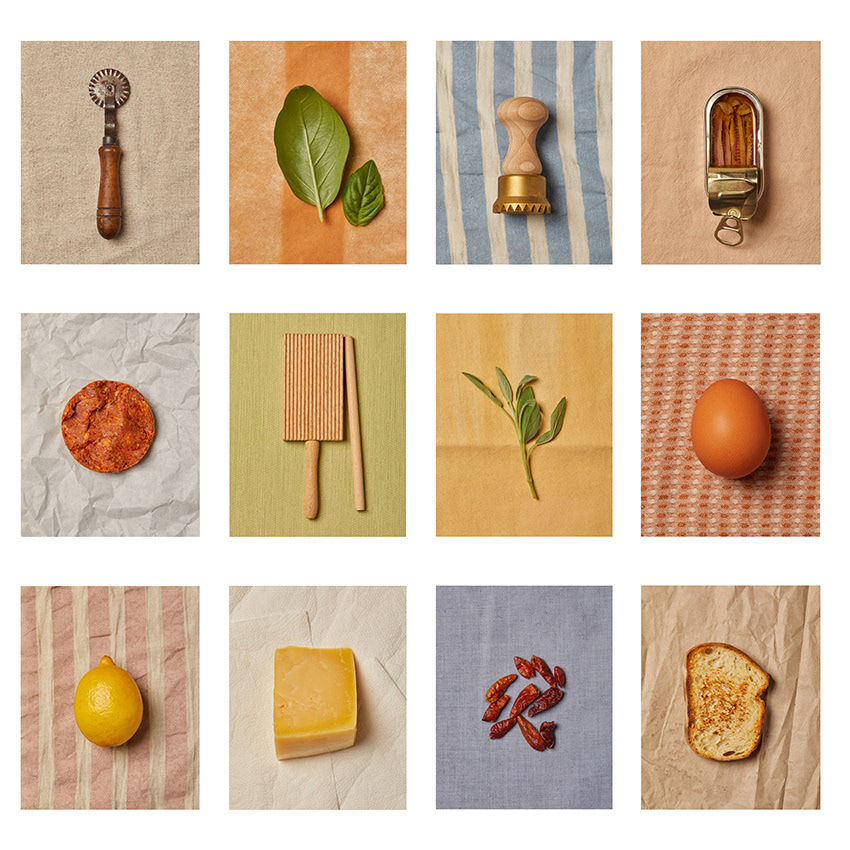Reaching Equality Through Fashion
David Avido, 25, years old is a fashion designer born and bred in Kibera slums, Nairobi. His career in art started off as a dancer before shifting to fashion. This switch came naturally to him and a few years into the art, indulge in creative arts that is inclusive. Avido has dressed celebrities and influencers from all walks of life including the president of Kenya through his fashion brand Lookslike Avido.

David Avido and his fashion models before having a live stream show.
Every year, the government of Kenya recognizes community change makers going beyond self to constructive come up with solution in difficlut circumstances. He was one of 68 Kenyans recognized by the President of Kenya with the Uzalendo Award for outstanding community service during the Coronavirus Pandemic,. Avido spearheaded a free mask initiative that provided nearly 23,000 free, reusable masks to Nairobi residents. He has also worked with friends and partners to distribute food packs to hundreds of families in Kibera.
As a dancer, he’s aware of how difficult it can be for some groups to be appreciated on what they’re doing especially the artful act ivies. 'People’s abilities are beyond what you can see physically', he says, he has experienced and seen that and he wants people from his community to see it too.

For now, David is taking a new path, He calls it sustainable inclusion where everyone has access to his new collections. In his latest additions, mostly people were the once who embraced people with varying abilities. He included the deaf, people with vitiligo, the physically disabled, Beatrice who’s an albino, and the transgender. This is a powerful gesture and a big statement not only for the brand but for the bigger picture of inclusion, privilege, and stereotyping. He is using his following to combat one of the main societal issues facing the slums of Kibera; inclusion of the differently disabled and other gender identifying people.

Letoya Johnstone is a trans-gender, a fashion model, and a designer born and bred in Kibera slums Nairobi, Avido incorporated her into the project by allowing her to be the catwalk coach of the fashion’s festival. As a transgender woman, she was profound, people get to see what she can do that is beyond her gender.

Letoya Johnstone, interacting with the other models

Letoya Johnstone, Avido incorporated her into the project by allowing her to be the catwalk coach of the fashion’s festival.




For Letoya Johnston, Avido incorporated her into the community by picking her to be the catwalk coach of the fashion’s festival. As a transgender woman, she was profound, people get to see what she can do that is beyond her gender.
Having the opportunity to just be outside and do something that will be seen nationwide is a big achievement for them in personal terms. This is sustainable inclusion and they can relate with the Lookslike Avido’s brand for a while unlike one day inclusive activities they do and forget.

Letoya on runway,
This was Letoya’s first work with people who are differently able (First model runway with all differently able people in Kenya from a known designer), and for her, it was more than an eye opening and she likes to do things that will open her mind. This is something bigger, Letoya said over the phone. It goes a long way in creating awareness and accessibility to other issues that have made this group to be highly vulnerable and increasingly marginalized. The need for inclusion in Kibera slums is one of the fundamental human rights issues. People living with disabilities have been known to live in homes and institutions, and this has separated them from the community.

Letoya Johnstone preparing models for a screened runway show.

Letoya added that, because you’re coming from Kibera you do not need to be weak. She encouraged people like Avido to continue doing their powerful grassroots activities that empowers the community with the following they have. Let’s not wait for the government, independent bodies or NGOs to do it. Let’s start and they can join us.




